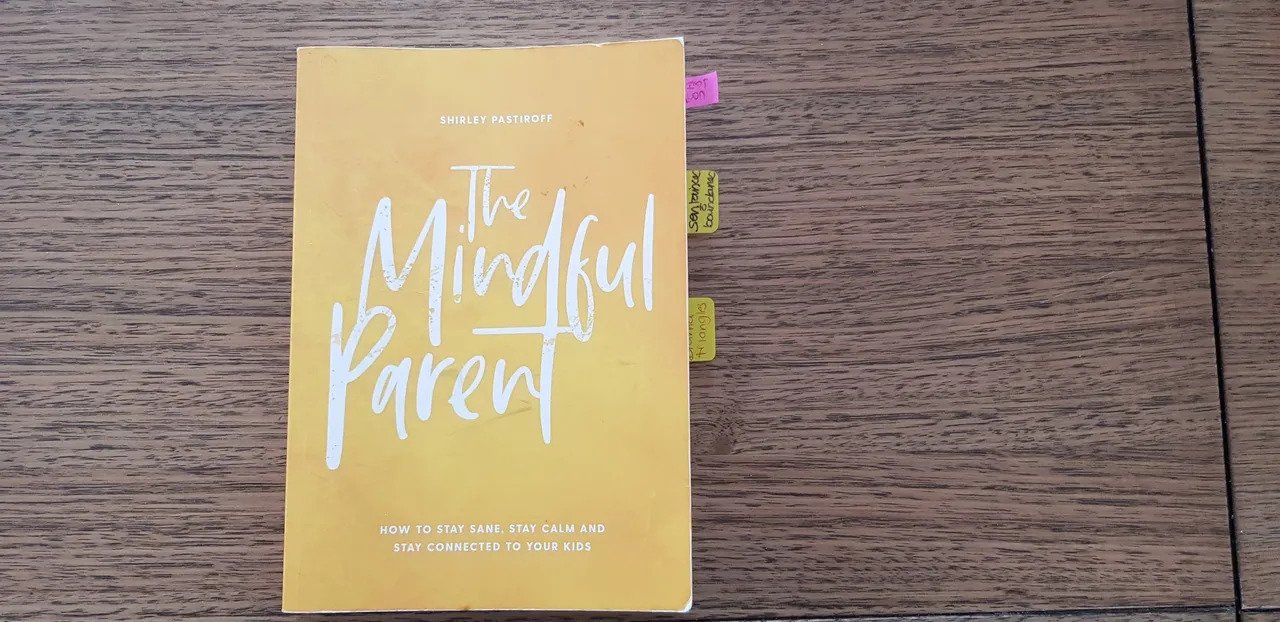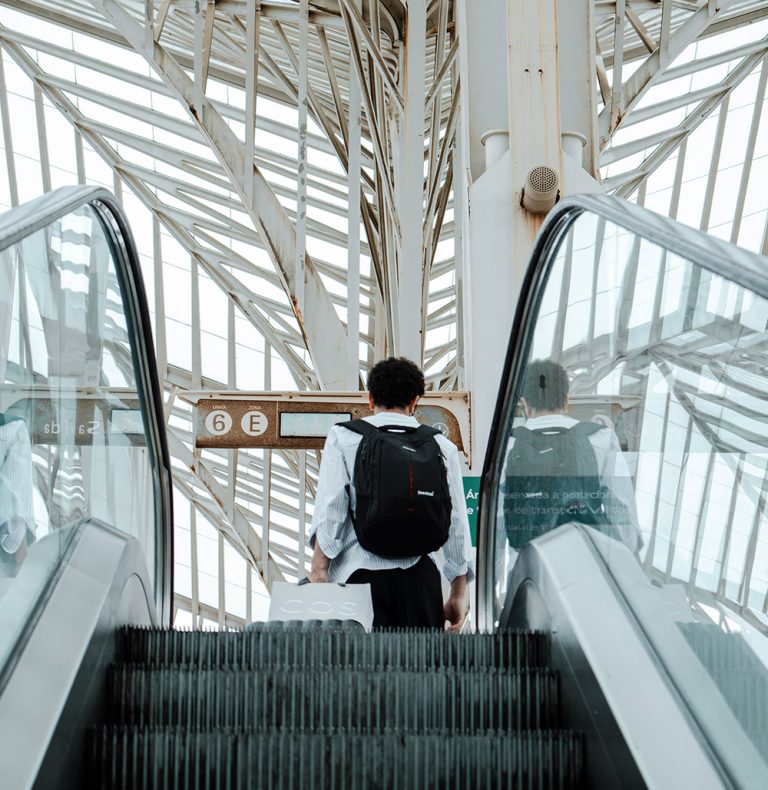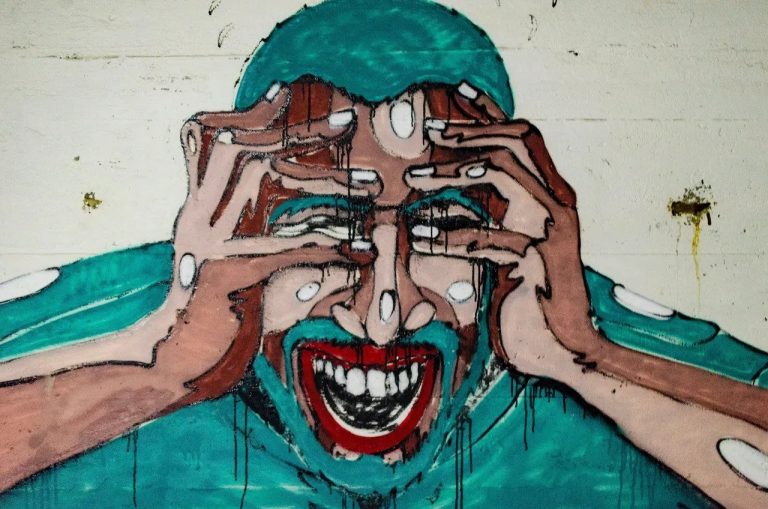The Mindful Parent by Shirley Pastiroff, is a book makes my life easier. This is my go-to time and time again when I need to be reminded of tools and thinking frameworks that work for me and my kids. The author is a New Zealand counsellor, mindfulness trainer and mother of five.
She has created a parenting book that considers the parent as well as the child. The focus is not solely on the child. This book is about creating a better connection with your child. Isn’t that what we all want?
This quote clarifies my point: “So much has been taught and written from the starting point of changing our children, but in my experience – both personally and professionally – it doesn’t work so well. If you have ever tried to change anyone else, be they a partner or a friend, you’ll know how hard it is. Our main responsibility, even as a parent, is our own responses. And it’s our own response that are the key to gently shifting anything we’d like to change in our relationship with our children.”
The Mindful Parent has improved my relationship with my kids. I highly recommend investing the time to read it as it will help you enjoy your family rather than endure them. The message is not about focusing on the past, it’s about giving you skills for today to create a better connection with your child.
I use this book a lot with my clients and when I run courses. My copy is underlined and the pages are tagged and well-thumbed.
One point really hit home with me: “We hide our negative beliefs well, until our children blow our cover”. We can spend a lot of time, trying to hide our insecurities, triggers or pain points. Then children come along, and we are laid bare. How we negotiate that particular minefield is part of our parenting journey. This book is worth having in your back pocket to make the journey a bit smoother.
Some days when everyone is tired, and the wheels have fallen off, you need a jump start. Pick up a copy of The Mindful Parent. It may change your life. My only criticism is I would have liked more references.
One of my favourite parts is a mindfulness exercise Shirley Pastiroff’s son created, and I use this one with my kids. What I like about this exercise is that you can personalise the exercise to your child and what sort of day they have had. Getting kids creating their own mindfulness exercise is genius. It might be as simple as getting them to describe where their feet have been that day and how their feet felt at the time. For example ‘Wet feet working hard swimming in the sea, feet that can feel the sand, from running up and down the beach. Feet that walked into school that day uncomfortable in too tight socks and covered shoes’.
Mindfulness is a skill that will help them today and in the future. When I practise mindfulness I get to experience the benefits. You appreciate being able to swim when you are at the beach. I appreciate being able to stay calm when the wheels start to fall off, because we are too tired from travelling or going to Nippers or we have had a late night. On those days, brushing teeth and getting into bed can feel like a Herculean task. This is usually when everything starts to fall to pieces. Trust me, this is when mindfulness can help.
Thich Nhat Hanh may have written the seminal text of mindfulness, The miracle of Mindfulness – the Classic Guide, which I have enjoyed reading. However, I am more working parent that I am Buddhist monk, so I can relate to the advice of Texan academic Dr Brené Brown, who holds a PhD in social work and also consults on management. I am currently listening to her book, The Gifts of Imperfection. I’m on about my third run through and one of her remarks makes me laugh every time: “When I try to meditate I feel like a total poser. I spend the entire time thinking about how I need to stop thinking, okay I’m not thinking about anything. I’m not thinking about anything. Milk, diapers, laundry detergent….stop! Okay not thinking. Not thinking. Oh man is this over yet?”
A recent piece in The Sun-Herald headlined Don’t let being mindful stress you out reiterated this point. The article explained that authentic mindfulness isn’t necessarily about trying to clear those scattered thoughts. It’s about curiously observing what’s going on in the labyrinth of our brains.
I found this sentence very calming. The fact that I think about buying milk or my to-do list when doing my mindfulness exercise, does not mean that I am failing and I should give up on mindfulness. Just get curious. I liked it. Maybe all we have time for today is to pause and take three deep breaths. Maybe that is all we have space for in the school holidays.
Do you use mindfulness for yourself or with your kids. I would love to read your comments.


